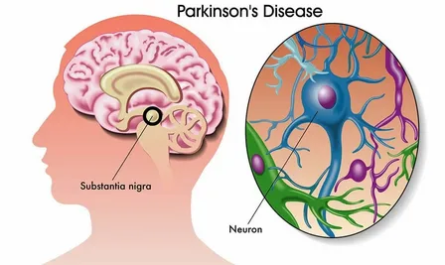In recent years, there has been significant progress in developing neuroprosthetic technologies to restore motor functions in individuals with paralysis. However, one major challenge has been the restoration of touch sensation, which is crucial for dexterity and environmental interaction. Traditional tactile sensors used in wearables and robotics have limitations in replicating the sense of touch in paralyzed individuals.
To address this issue, scientists have made a remarkable breakthrough in neuroprosthetics by developing an implantable tactile sensing system. Published in the journal Microsystems & Nanoengineering, the study introduces a novel microfabricated capacitive pressure sensor designed for subdermal placement in fingertips. Unlike wearable sensors, this implantable device directly interacts with the paralyzed hand, offering a more realistic and natural tactile experience.
The implantable tactile sensing system utilizes MEMS (Micro-Electro-Mechanical Systems) technology and includes a custom integrated circuit for wireless powering and data transmission. The sensor is encapsulated in a laser-fused hermetic silica package, ensuring durability and safety within the body. Through extensive validation, including simulations, benchtop assessments, and primate hand testing, the researchers demonstrated the sensor’s ability to accurately measure applied skin forces with an impressive resolution of 4.3 millinewtons.
One of the key features of this implantable sensor is its ability to provide tactile feedback by encoding its output in the brain via microstimulation. The stimulation simulates the natural sense of touch, thereby enhancing neuroprosthetic systems and improving the user’s experience. This groundbreaking approach has the potential to revolutionize the functionality and effectiveness of neuroprosthetics, ultimately improving the quality of life for individuals with paralysis.
The research team is excited about the implications of their work. They believe that this implantable tactile sensing system represents a significant breakthrough in medical technology and a giant step towards restoring natural hand functions for paralyzed individuals. They highlight that this development not only holds promise for neuroprosthetics but also paves the way for various other implantable sensing applications.
In conclusion, the development of the implantable tactile sensing system marks a significant advancement in the field of neuroprosthetics. By providing realistic and direct touch feedback to paralyzed hands, this innovative technology has the potential to restore hand function and significantly enhance the quality of life for individuals with paralysis. Furthermore, it opens up possibilities for the use of implantable sensors in other medical applications, illustrating the immense potential of this groundbreaking development.
*Note:
- Source: Coherent Market Insights, Public sources, Desk research
- We have leveraged AI tools to mine information and compile it



